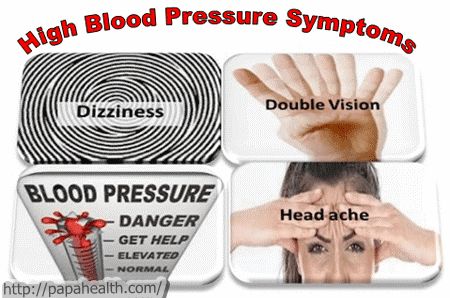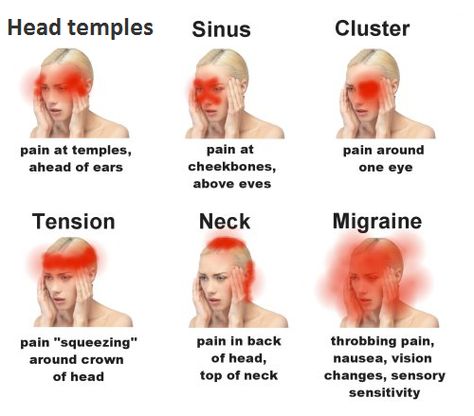
Symptoms of hypertension include headaches, which are often an indicator of a larger problem. Blood pressure can become elevated to dangerous levels, or hypertension, leading to a crisis. This can result in kidney damage, heart attack, and memory loss, all of which are extremely serious conditions. A hypertension-related headache should be investigated by a physician. If the headache is accompanied by nausea and vomiting, call 911.
If you’ve been diagnosed with high blood pressure, you’ll probably experience pain in your head and nose. You’ll also likely notice redness in your face, which is also a warning sign of a hypertensive crisis. This can happen during warm or cold weather, after drinking hot beverages, or any other time. Although hypertension is a leading cause of death in the United States, it’s not a reliable diagnosis for headache-caused conditions.
A hypertensive crisis increases pressure in the skull, causing headaches. Although you can treat it at home with aspirin, it is not a recommended treatment for a hypertensive crisis. In this situation, you should immediately go to a hospital emergency room or call 911 for assistance. If you suspect a hypertensive situation, you should seek medical attention immediately.
High blood pressure headache is the most common type of headache associated with high blood pressure. This can also happen with other causes of high blood pressure. Some of the most common causes are supine hypertension and sleep apnea. You should see your doctor immediately if you suffer from headaches associated with high blood pressure. If the cause is not obvious, you should take medicine for high blood pressure https://www.somosmass99.com.mx/peru/incas-protect/.
People with very high blood pressure should not ignore the symptoms of hypertension. Although these symptoms are not as common as migraines, they are caused by the same cause. Excessive pressure on the brain can cause swelling or swelling, which causes pain and irritation. Fortunately, most people with high blood pressure do not have severe headaches. They usually just feel dizzy or have a headache.

When it comes to headaches associated with hypertension, the pain may be felt at the top of the head rather than at the sides. However, if this is the case, then headaches associated with hypertension are similar to migraines. The most noticeable differences are in the symptoms themselves, but a diagnosis must be made by seeing a doctor. The best way to manage headaches caused by high blood pressure is to discuss your hypertension with your healthcare provider.
If you suffer from hypertension, it is important to talk to your doctor. Many symptoms can be associated with hypertension, such as headache. If you suffer from migraines, you should consult your doctor to rule out a more serious condition. In addition to medications, lifestyle changes may help control blood pressure and relieve symptoms of headaches associated with hypertension. There are several lifestyle changes you can make to relieve headaches and even prevent migraines.
There are many different causes of a headache due to high blood pressure, and you can seek the help of a physician for the right diagnosis. If you’ve had a headache for more than a few days, talk with your doctor. The pain can be an indication of a hypertensive emergency or may be the result of a condition called supine hypertension. You’ll want to seek medical attention to determine the cause and the best treatment for your condition.
If you’ve noticed any of these symptoms, you may have hypertension. While the symptom of a high blood pressure headache is a severe pain in the head, there are other signs to watch for. One of the most common symptoms is redness on the face. Your doctor can check for redness and call you to help you get treated. You’ll also want to consult with your physician if you have a severe, urgent hypertension crisis.
If you’re not sure if you’re suffering from hypertension, you should visit your physician to determine the cause of your symptoms. If you’re experiencing a headache that’s caused by hypertension, you may want to seek medical attention. A physician will be able to identify the cause and correct your condition. You may need to seek medical advice to determine the cause. You may need to visit your doctor and have your blood pressure monitored.